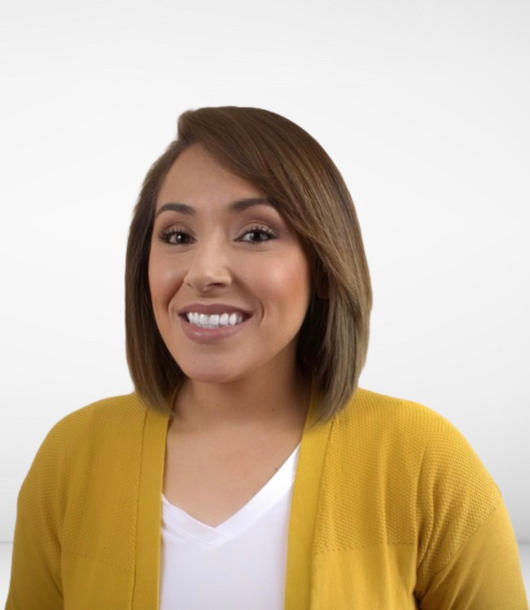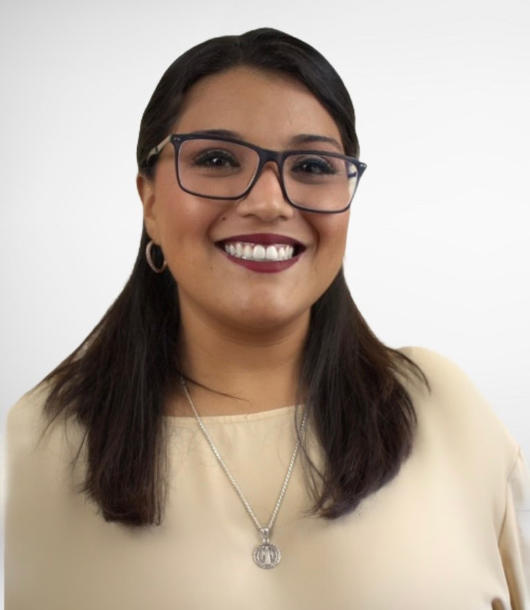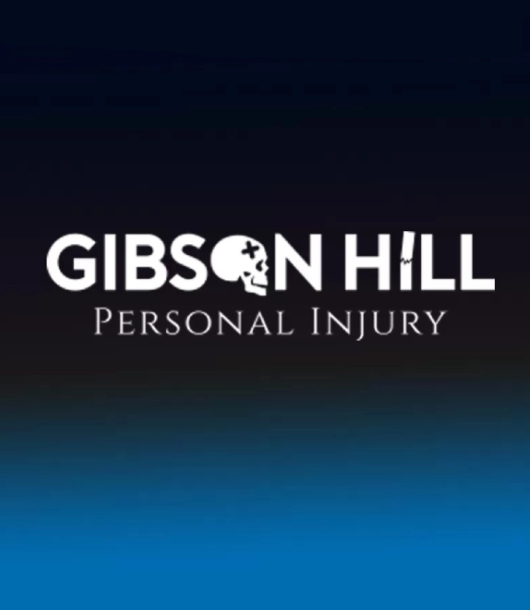 In many cases, the insurance company does not voluntarily offer fair compensation. Your Texas personal injury attorney may file a lawsuit to recover damages to cover your expenses. The mediation phase is an informal meeting between both parties to see if an agreement may be established before the court schedules a trial date.
In many cases, the insurance company does not voluntarily offer fair compensation. Your Texas personal injury attorney may file a lawsuit to recover damages to cover your expenses. The mediation phase is an informal meeting between both parties to see if an agreement may be established before the court schedules a trial date.
Who Is the Mediator?
The mediator is a professional who cannot make legal decisions about the case. They have been certified in dispute resolution and may be a judge or attorney without an active interest in the case. The mediator typically charges a flat fee shared by the plaintiff and defendant.
Since the process is voluntary, the attorneys must first agree on a mediator. In many cases, both attorneys know the mediator. You and your attorney are looking for a credible mediator with the defense so they trust them.
The meeting will be held in a conference room and may include the defense attorney, insurance adjuster, attorney for the plaintiff, and the plaintiff. The mediator will explain the process before the meeting gets started. First, the lawyer for the plaintiff will present his or her case, and then the defense attorney will present his or her case. While the defendant and plaintiff may attend the meeting, they are not allowed to participate in this process.
At this point, the mediator will ask each party to move to different rooms. The plaintiff will then make the first demand of the defendant through the mediator. The defense counsel will discuss the demand with the mediator and make a counteroffer. The process continues until the mediator feels the two parties cannot reach an agreement or a settlement is agreed upon.
What Do You Do During the Mediation Phase?
 During the initial mediation phase, the defense and plaintiff are in the same room with their attorneys. At this time, only the attorneys present their cases. This is a time when a poker face is an asset. You must refrain from reacting to the presentation and comments when the defense attorney is speaking.
During the initial mediation phase, the defense and plaintiff are in the same room with their attorneys. At this time, only the attorneys present their cases. This is a time when a poker face is an asset. You must refrain from reacting to the presentation and comments when the defense attorney is speaking.
The defense will watch your reactions closely to anticipate whether you will take a low settlement offer. Your reaction may also make them believe you won’t make a good witness at trial. In other words, their impression of you will go a long way in the defense attorney’s evaluation of the case and the likelihood they will agree to a settlement during mediation.
Pros and Cons of Mediation
During mediation, both parties meet with a neutral third person trained in conflict resolution. There are advantages and disadvantages to using mediation before a trial to settle your injury dispute. Occasionally, the terms mediation and negotiation are used in the same context. However, these are two different approaches to resolving a dispute.
During a negotiation, the parties agree to work together to reach a resolution. They must meet and form a binding agreement. During mediation, the parties agree to work with a trained mediator and do not speak to each other in the same room.
Both parties must also agree to mediation since it is a voluntary process. The process does not bind them; they can walk out anytime. You may choose to pursue mediation with the at-fault party’s insurance adjuster or with the opposing party after you and your personal injury attorney have filed a lawsuit.
There are several advantages to using mediation in an insurance claim that may otherwise be delayed. You don’t need to gather further documents or arguments that have not been prepared. If you and the opposing party agree to mediation before a trial date can be set, it can result in a less expensive and easier resolution.
However, getting an insurance adjuster to agree to mediation can be difficult because it requires extra work from them. On the other hand, mediation may be an attractive alternative once you have filed a lawsuit and the at-fault party would like to reach a resolution without the expense of a trial.
Contact Gibson Hill Personal Injury Today for a Free Consultation
If you were injured in an accident that was not your fault, you may be entitled to compensation to help pay your bills. The Texas personal injury lawyers of Gibson Hill Personal Injury understand how overwhelming a serious accident can be. Call our office today at 713-659-4000 or contact us online to schedule your free consultation. We’ll listen to the details of your case and offer you advice on the next best steps.
Related Posts
How Long Does Mediation Take in a Lawsuit?




